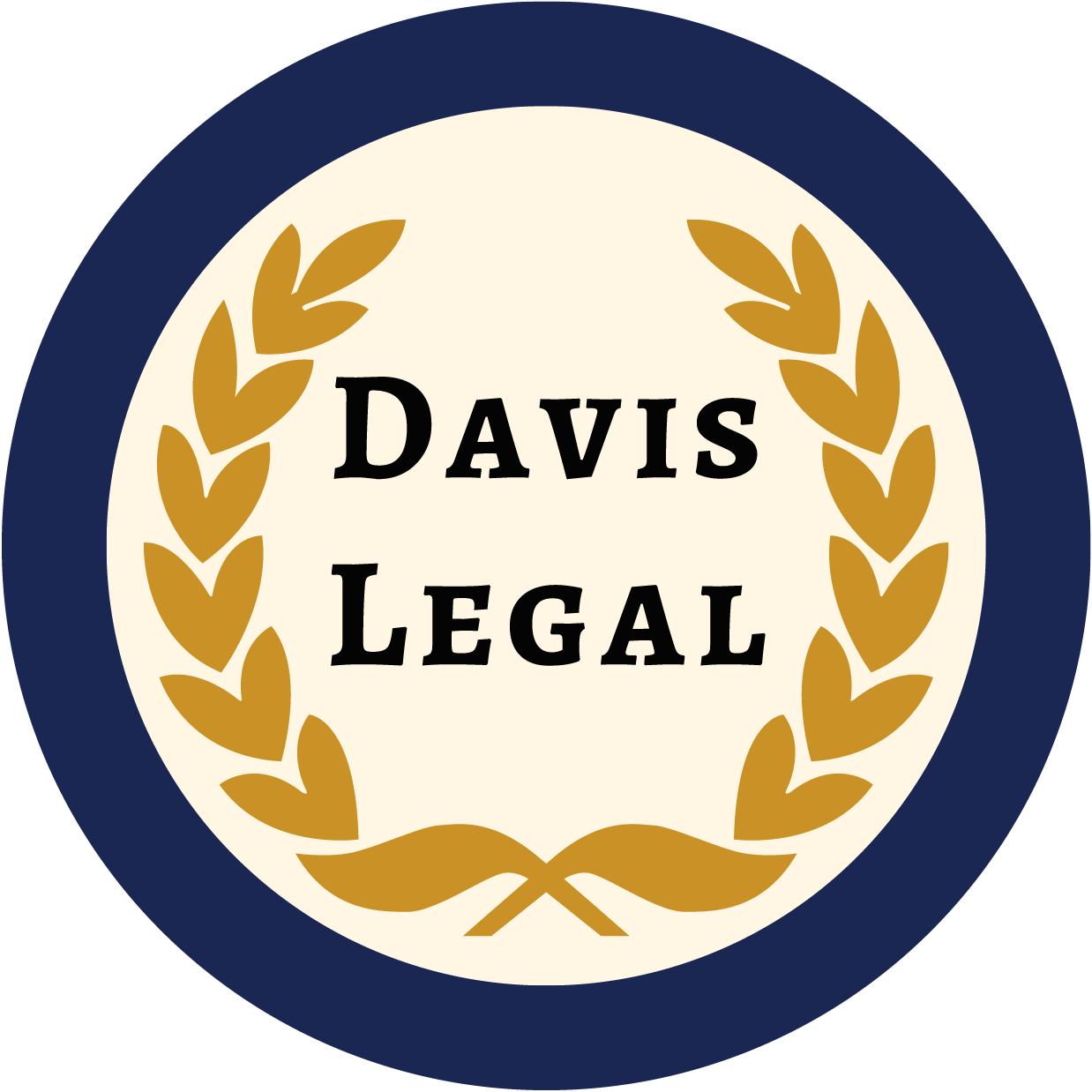Imagine this: You’ve just been in a car accident. You’re shaken, maybe injured, and already worried about your recovery.
Then the hospital bills start showing up—ambulance rides, X-rays, prescriptions, and follow-ups. It doesn’t take long for the stress to set in: Who is going to pay for all this?
If you weren’t at fault, it might feel unfair to shoulder the costs yourself. But the truth is, the path to compensation isn’t always straightforward.
In Arkansas, understanding who pays your medical bills and how to get reimbursed is critical to protecting your health and your finances.
Who is Legally Responsible for Your Medical Bills?
Here’s the reality: Even if someone else caused the accident, you are still responsible for paying your medical bills as they come in. That might seem shocking, but it’s how the legal and medical system works.
That doesn’t mean you can’t get reimbursed. If the other driver was at fault, their insurance company may ultimately pay those bills through a settlement or court award. But this process can take months or even years. In the meantime, medical providers expect payment—and unpaid bills can go to collections if not managed properly.
Arkansas follows a modified comparative fault rule, which means your compensation can be reduced if you are partially at fault. If you’re found to be 50% or more responsible, you won’t receive compensation at all. This requirement makes clear documentation and legal support essential.
How Car Insurance Covers Medical Expenses
You may have insurance policies that help bridge the gap while waiting for a final settlement. Here are three ways your auto insurance can help:
- MedPay (Medical Payments Coverage): This optional add-on covers your immediate medical expenses regardless of fault. Typical coverage ranges from $1,000 to $10,000. It can help pay for ER visits, diagnostics, and short-term care.
- Personal Injury Protection (PIP): PIP is less common in Arkansas but covers broader medical costs and may include lost wages.
- Liability Insurance (from the at-fault driver): This is where larger compensation typically comes from, but it requires a settlement or legal judgment, which can take time.
And what if the other driver has no insurance or insufficient coverage? Your uninsured/underinsured motorist coverage can step in—if you’ve added it to your policy.
Health Insurance, Liens, and Reimbursement
If you have private health insurance, Medicaid, or Medicare, these plans may help cover the costs of your treatment. But they often don’t pay right away if they know another party might be liable.
Many hospitals and providers will file a medical lien against your future settlement. This means they get paid directly once you receive your payout.
Keep in mind:
- Medical liens are legally binding and take priority in settlement distribution.
- Insurance companies may require reimbursement for what they paid if your case settles.
Navigating these layers can be overwhelming, which is why having a legal expert is key to ensuring your rights are protected and your bills are fairly negotiated.
What You Can Be Compensated For
Compensation goes beyond just ER bills. Here’s what you may be able to recover in a personal injury claim:
- Immediate Medical Costs: ER visits, ambulance fees, surgery, hospitalization.
- Ongoing Care: Physical therapy, rehab, follow-ups, prescriptions.
- Future Medical Expenses: If your injury requires long-term treatment.
- Pain and Suffering: For physical pain, emotional trauma, and overall impact on your life.
- Lost Wages and Earning Capacity: If your injury kept you from work or limits your future income.
Comprehensive documentation of all the above, along with clear proof that the accident caused the injuries, constitutes a strong legal claim.
How to Get Compensation (Step-by-Step)
To make sure you receive the compensation you’re entitled to, follow these steps after your accident:
- Seek Medical Attention Immediately: Don’t delay care. Some injuries take days to appear. Prompt treatment creates a medical record linking injuries to the accident.
- Document Everything: Keep a file of every bill, receipt, doctor’s note, and insurance letter. This becomes evidence for your claim.
- Notify Your Insurance Company: But don’t admit fault or give a recorded statement without legal advice. Anything you say can be used to lower your settlement.
- Track Your Symptoms and Recovery: Journals, photos, and videos of your recovery journey can support your claim for pain and suffering.
- Consult a Personal Injury Attorney: An experienced lawyer can evaluate your case, deal with the insurance companies, and protect you from costly mistakes. Most offer free consultations and work on a contingency basis, so you don’t pay unless they win.
Contact a Car Accident Legal Expert
The financial aftermath of a car accident is often more painful than the crash itself. From confusing medical bills to slow-moving insurance companies, it can feel like you’re fighting on all fronts. But you don’t have to.
By understanding your rights and acting quickly, you can position yourself for a full recovery—physically and financially. Knowing where the money should come from and how to access it helps protect your future.
If you are facing increasing medical bills following a car accident, please consider addressing the situation promptly.
Davis Legal is here to help you make sense of your situation, fight for the compensation you deserve, and relieve your financial burden.
Contact us today to speak with a trusted Arkansas car accident attorney who puts your recovery first.


